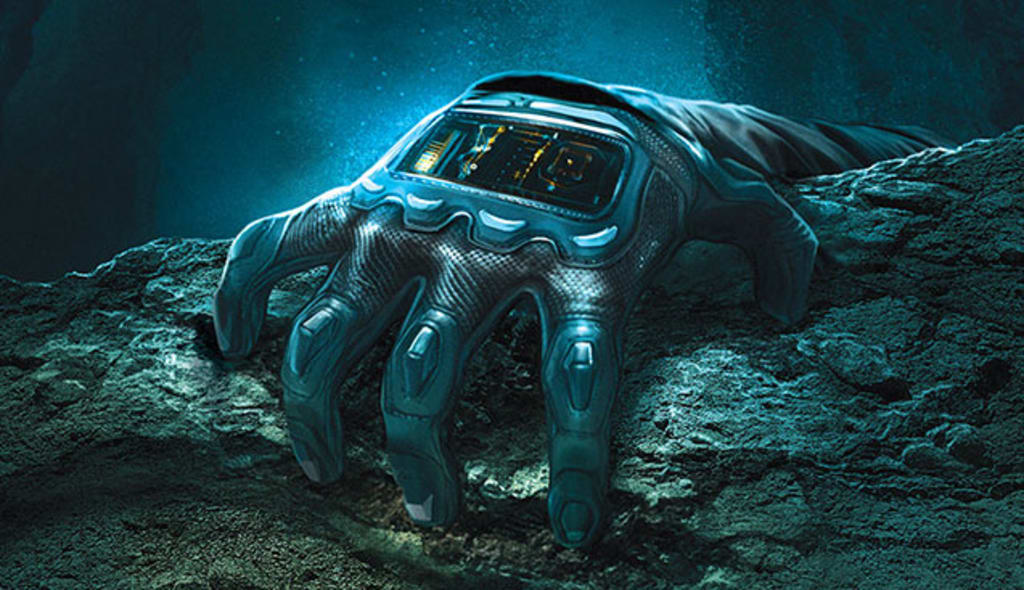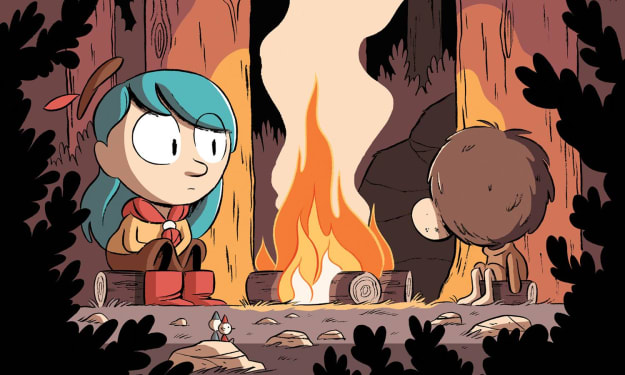Science, Fiction, and Horror
Science, Fiction, and Horror

I have always thought that science, fiction, and fantasy should not have been put together in the first place, even though the line between the two is blurred. For me, SF should only take into account future technological advances (space flight, life extensions, robots, or "space microbes", alien life, etc.). That is to say, many of the things that are now easily taken away, electricity, airplane, fast communication around the world, can be like magic to someone born 1000 years ago. But installing SF with dragons, magic ropes, etc. I think it's a mistake, BUT some shocks are associated with SF, like the movie "Alien and Predator", blurring the line very much with "Star Wars". That is not true. A “real” myth claims to be true. I have taught writing and closing writing for forty years - I am a novelist - and I always have to remind my readers that it is a building block. Or you are trying to write a non-creative myth, and even if it is autobiography, it is still a fabrication. The fun with SF, fantasy, and horror is that they take on gloves, in a figurative sense. I really like science fiction because where it takes it takes great ideas.
Why should we study science fiction?
A good story in real life makes for a good book. Visual science opens the mind to old thinking. There are many real-life cases from science fiction. Arthur C. Clarke is known for predicting global communications satellites back in 1945. His 1979 book The Fountains of Paradise describes a celestial elevator. Google's Cash Space and you'll find plenty of information to drive your efforts to build space cash.
In my writing, I take Arthur C Clarke's second law and put it in my heart: The only way to find the limits of what we can possibly try to get past the impossible. He starts with good research. Then you push science beyond the current limits that you can find a good science fiction novel. This is not limited to complex science. In the late 1960s, Stranger in Strange Land became a popular textbook for college students throughout the United States. This was a generation that questioned all kinds of institutions. Heinlein has created an empty character that will limit his ability to ask everything. This story still offers fodder for free thinkers everywhere to ask for a variety of instances. Adding fiction does not open your mind and art, then you are not learning good science fiction.
Is Brian improving after watching a science fiction novel?
YES IT HAPPENED
Science fiction movies develop our brains in a variety of ways. When we watch movies we tend to create new opportunities and are forced to think in a certain way as shown by the movie we watched
Let’s see the different ways our brains react while watching a movie -
As we watch a sci-fi movie our brains move with different stimuli at the same time, we discover new opportunities. Our brain records what experiences in a story, by recording our brain organizes itself to react in a certain way when that kind of situation or something related to that happens in real life. the short and simple term for this CONTINUES and from the beginning no matter what it is it is due to evolution.
Shop for the best Science and Fiction Collection at TrueGether, one of the best eBay alternatives out there! You can find amazing offers and get a world-class collection at your comfort. The platform is completely safe and ensures a quality experience for the customers. Do mind visiting there once!





Comments
There are no comments for this story
Be the first to respond and start the conversation.